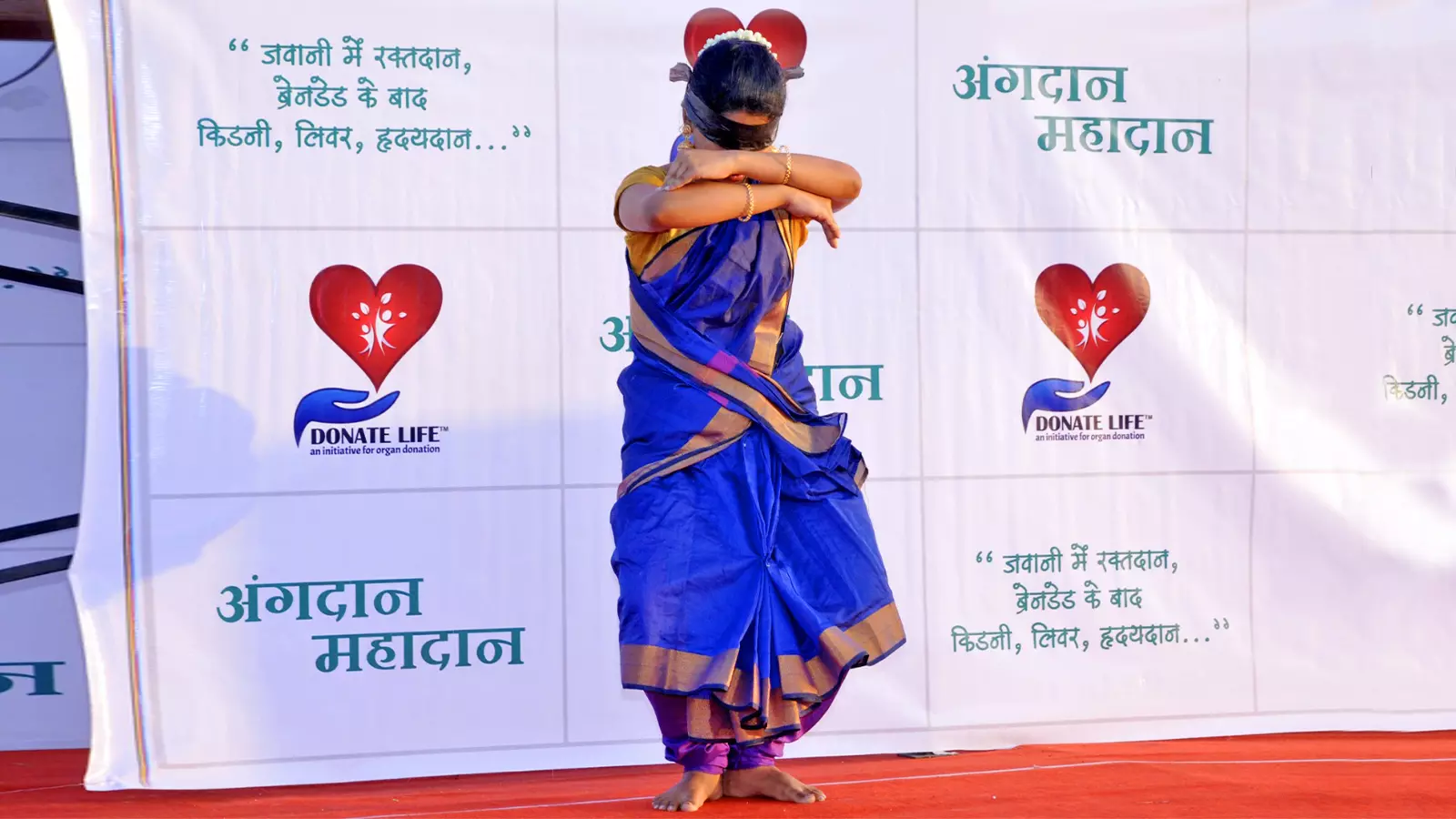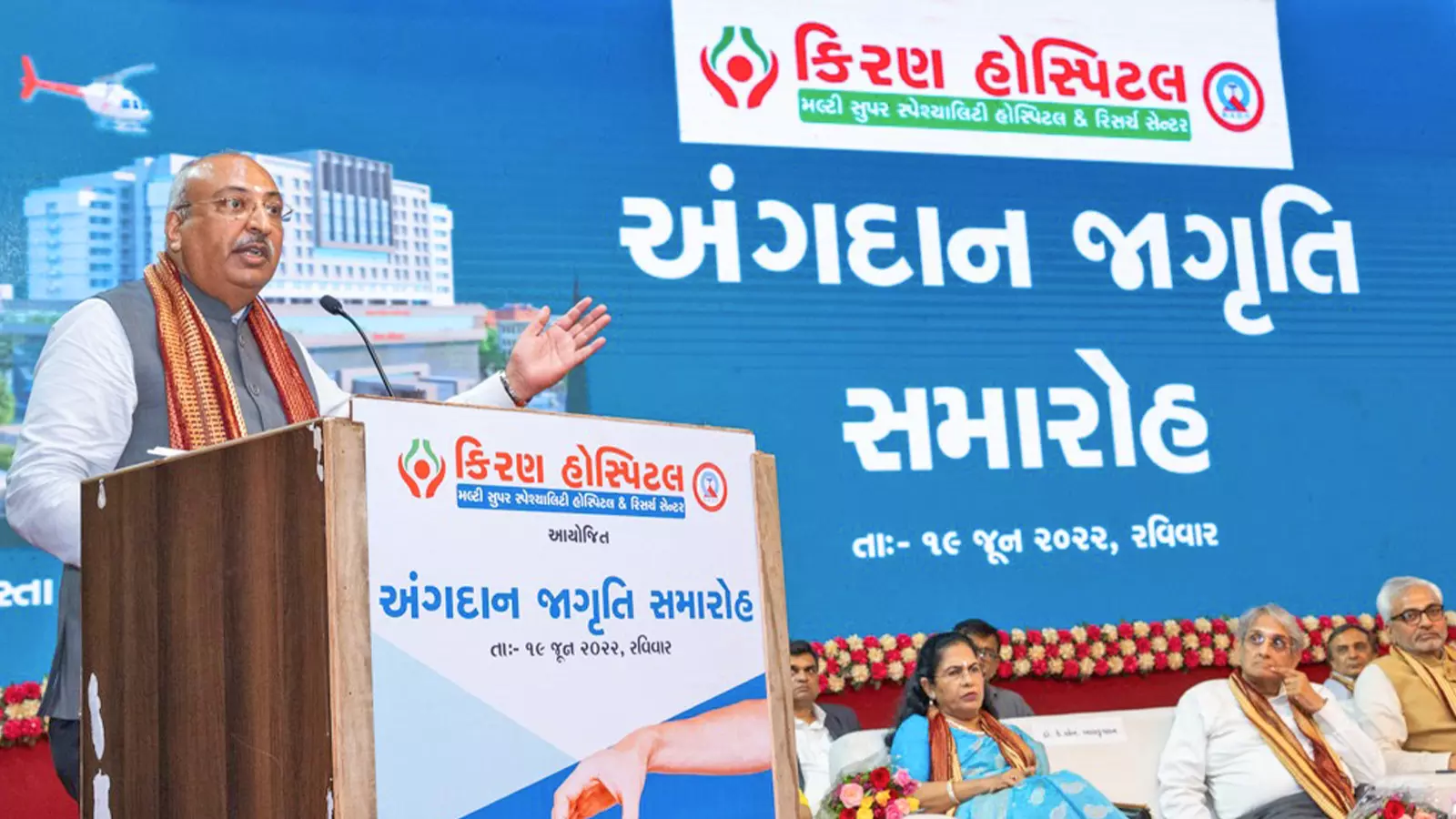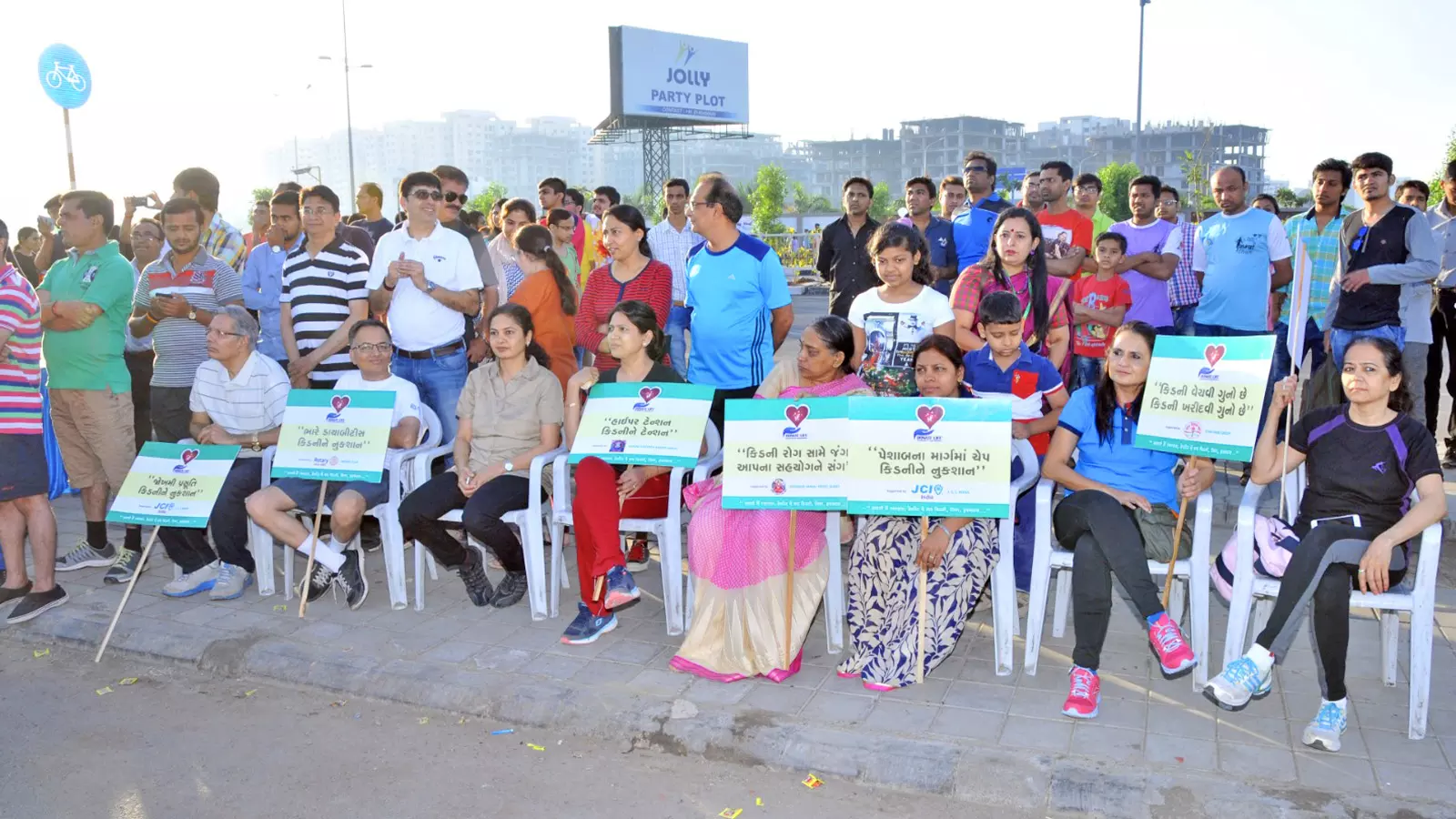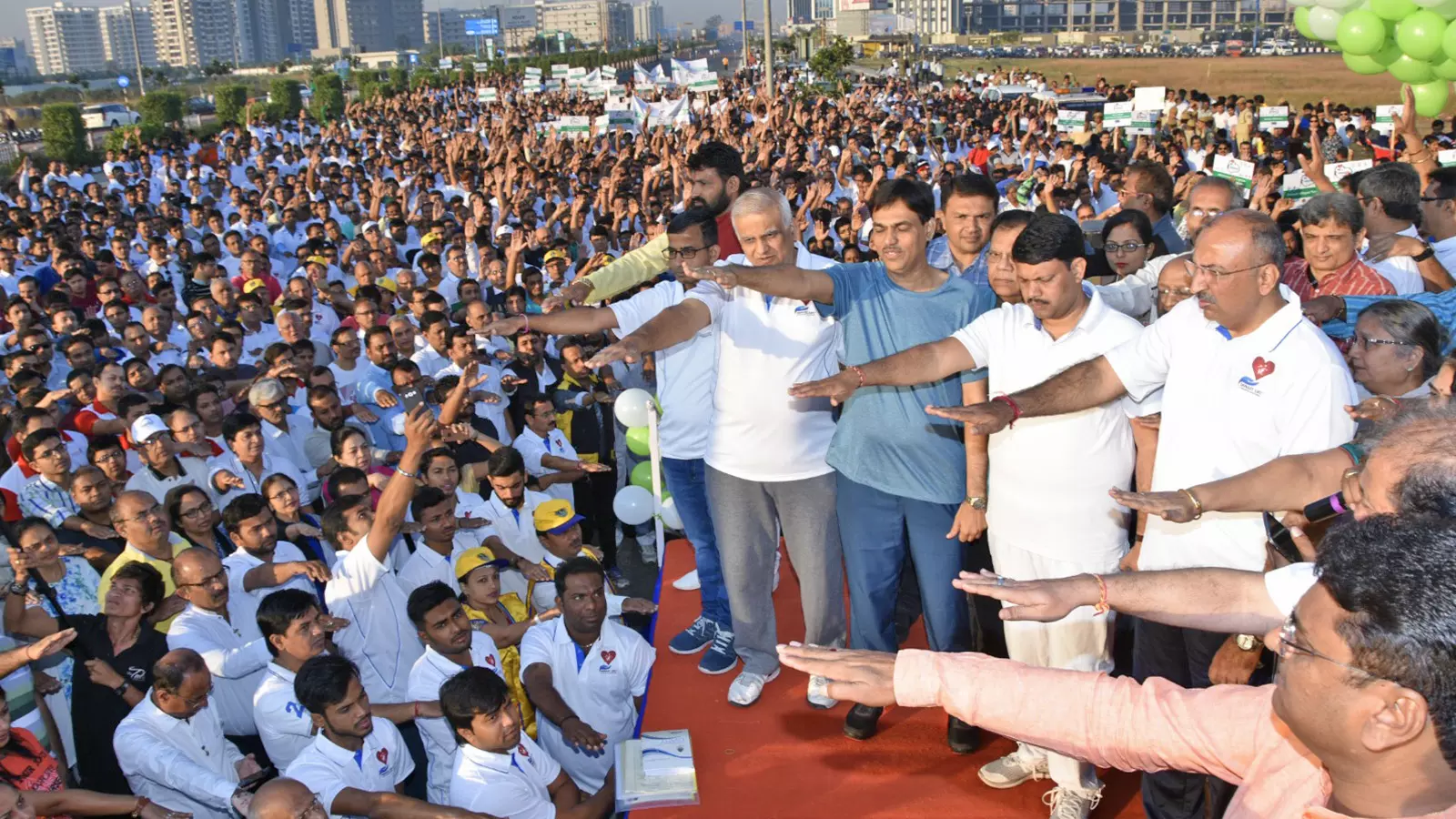
- Home
- India
- World
- Premium
- THE FEDERAL SPECIAL
- Analysis
- States
- Perspective
- Videos
- Sports
- Education
- Entertainment
- Elections
- Features
- Health
- Business
- Series
- In memoriam: Sheikh Mujibur Rahman
- Bishnoi's Men
- NEET TANGLE
- Economy Series
- Earth Day
- Kashmir’s Frozen Turbulence
- India@75
- The legend of Ramjanmabhoomi
- Liberalisation@30
- How to tame a dragon
- Celebrating biodiversity
- Farm Matters
- 50 days of solitude
- Bringing Migrants Home
- Budget 2020
- Jharkhand Votes
- The Federal Investigates
- The Federal Impact
- Vanishing Sand
- Gandhi @ 150
- Andhra Today
- Field report
- Operation Gulmarg
- Pandemic @1 Mn in India
- The Federal Year-End
- The Zero Year
- Science
- Brand studio
- Newsletter
- Elections 2024
- Events
- Home
- IndiaIndia
- World
- Analysis
- StatesStates
- PerspectivePerspective
- VideosVideos
- Sports
- Education
- Entertainment
- ElectionsElections
- Features
- Health
- BusinessBusiness
- Premium
- Loading...
Premium - Events

Kiran looked into nothingness, with her face bearing a blank expression, as she sat next to her son at the Civil Hospital in Surat. Grief counsellor Nilesh Mandlewala spoke to her gently, taking pauses to allow Kiran to process what she was being told about her son’s condition.“Will my son ever stand up again? That is all she asked,” Mandewala told The Federal.“When I moved my head...
Kiran looked into nothingness, with her face bearing a blank expression, as she sat next to her son at the Civil Hospital in Surat. Grief counsellor Nilesh Mandlewala spoke to her gently, taking pauses to allow Kiran to process what she was being told about her son’s condition.
“Will my son ever stand up again? That is all she asked,” Mandewala told The Federal.
“When I moved my head to gesture no, she gave me the consent to donate the organs of her 14-month-old brain dead son. I got up and touched her feet as a mark of respect,” said Mandewala as he broke down recalling his interactions with the family of one of the youngest donors he had to counsel in September 2017.
“I had been with the family for three days but in vain. The father, a 26-year-old migrant labourer, kept avoiding me for days. The family was in denial that their 14-month-old boy could have died. After days of counselling the family, it was the mother of the infant who gave the consent first,” he added.
Mandewala has been a grief counsellor for 18 years now. Once a thriving textile trader in Surat, his life changed when his father fell sick in 2005. His father, despite a renal angioplasty, needed a kidney transplant that the family could never get done. Mandewala lived on biweekly dialysis until he passed away in 2011. It is during the visits to hospital with his father that Mandewala saw the plight of patients waiting for kidney transplant.

Nilesh Mandlewala during an awareness programme on organ donation.
“I wanted to donate my kidney to my father. But my father, who was then 70 years old, refused saying I should not take the risk as I was still young and had a family to take care of. But I kept wondering about the patients, especially young men and women, who were surviving on dialysis while waiting for kidney transplant. It was at that time that I decided I will raise awareness about organ donation and over the years of work, I shut down my business to be a full-time grief counsellor,” Mandewala told The Federal.
“I began my work as a counsellor when the law for organ donation was not in place in Gujarat. We would refer to the Union law Transplant of Human Organ and Tissues Act, 1994,” he added.
Noticeably, the State Organ Tissue Transplant Organisation (SOTTO) was formed in Gujarat only in 2019 following which organ donation programme was initiated at the Civil Hospital, Ahmedabad, the largest public sector hospital in the state.
“In the first year, we got more denials than consent from families of brain-dead patients. People are hesitant about organ donation for various reasons, their personal faith being one of the primary ones. This is a lesson my team and I have learned the hard way. However, three years later, owing to the doctors and grief counsellors who have worked long hours that stretches into days at times, we now get an average of six to seven consents out of every 10 cases,” said Dr Sanjay Solanki, one of the grief counsellors and the coordinator for organ donation programme at Civil Hospital, Ahmedabad.
“The six hours’ time between two apnea tests is the most crucial for organ donation. It is in this short span of time that the grief counsellor has to hold the hands of the families as they go through the stages of grief – from denial to acceptance. It is the role played by the grief counsellor in these six hours that ultimately determines whether another patient, suffering from organ failure, will get life-saving organ that day,” he added.
“Even false spinal reflexes such as finger or toe movement give false hopes to the families despite all tests pointing otherwise. Our job becomes more difficult as it is harder for the families in such situations to come out of denial,” tells a grief counsellor from civil hospital Surat requesting anonymity.
Noticeably, over the years, the working as a grief counsellor takes a toll on the doctors and volunteers.
“It is not a part-time job. One has to be extremely committed to be able to work as a grief counsellor,” tells Nilesh Mandewala who, over the years, has missed family functions and not been able to attend cremation of family members owing to his work.
During his early days of work as a grief counsellor, Mandewala faced the wrath of family unwilling to donate their kin’s organs.
“I have been verbally abused multiple times. Many a times families have been on the verge of beating me. But I had to remain calm in all situations. We have to explain to the family what brain dead means without using any medical jargon. We have to explain that their loved one will never come back and that the machines were doing the breathing for the person and pumping the heart. Sometimes it takes days with a family to convince them. I have used religious references like Rishi Dadhichi or Lord Ganesh as instances of organ donation from our scriptures to convince families. At times I take a more sentimental approach and tell them that their loved one will live in many people. With years, awareness about organ donation has increased and our job has become a bit easier. However, as a grief counsellor, one carries the emotional trauma of the families with them for years. It is, after all, an extremely emotional moment when we have to ask for the organs of a loved one,” shares Mandewala.

“Some cases leave a mark deeper than others. In 2020, amid the peak of Covid pandemic, my friend’s son fell from the terrace while playing at home and was declared brain dead two days after his admission in Amruta Hospital, Surat. My friend, Sanjiv expressed the willingness to donate his son’s organs. But it was the mother who was having a hard time accepting that her son was no more. After initial consent, Archana, the mother of the child backtracked saying that it was an Amawasya (no moon) night which she believed to be heavier than other nights. So, she firmly held that Jash, her 2.5-year-old boy will stand up after the Amawasya night. I had to explain her that the organs might not be viable if we waited another 24 hours. She looked at me stoically and asked so my Jash will never talk again. It still haunts me,” he shared.
In 2021, the hands of a 14-month-old infant, declared brain dead at Civil Hospital, Surat were donated to a 3.5-year-old girl in Mumbai. It was the first case of external organ donation from Gujarat.
“The family that had already consented for donation of multiple internal organs was shocked when I sought consent for the hands. Surprisingly, it was the grandmother who consented first when I said you will be able to touch Dharmik’s (the child) hands long after he is gone,” tells Mandewala.
The process of organ donation
Once the family’s consent has been obtained, starts the process of preserving and safely transferring the organ.
A team of doctors, led by a neurosurgeon, certifies brain death by first confirming the lack of neurological response of the patient on the Glasgow Coma Scale. Then two apnea tests are conducted six hours apart, before confirming that the patient is completely brain dead.
After the doctors have pronounced a patient brain dead, everything has to move fast. Grief counsellors brief families and seek consent. If the family consents, the coordinator confirms the same with the superintendent of the hospital and he in turn takes the final permission from SOTTO. A team of surgeons is set up for the retrieval. The police department is informed to arrange a green corridor and the recipient hospital and families are informed and put on standby to receive the organ.
Gujarat does fourth highest cadaver donation in India
As per the data released by National Organ and Tissue Transplant Orgination (NOTTO) in May this year, Gujarat ranks fourth among the states in cadaver donations. This is the first time since the formation of SOTTO, Gujarat that the state has featured in the list with 148 retrievals in 2022.
Noticeably, Gujarat SOTTO received six national awards in 2023 for its organ donation programme. Apart from the getting the award for best SOTTO in the country, it was also awarded for retrieval of 339 organs from 148 cadavers, which is a record as per NOTTO.
Transplantation of Human Organs Act
Organ donation in India is regulated by the Transplantation of Human Organs and Tissues Act (THOA), 1994. The law was enacted to provide a system of removal, storage and transplantation of human organs while preventing commercial dealings of organs.
The law allows both deceased and living donors to donate their organs. Living donors are permitted to donate one of their kidneys, portion of pancreas and a part of the liver.
While, a deceased donor or cadaver may donate multiple internal organs like kidneys, liver, heart, lungs, pancreas, intestine and uterus transplant. Since 2021, transplant of external organs like hands have also been conducted in the country, however, it is not considered a life-saving organ as the internal organs.
THOA identifies brain death as a form of death. Following which the National Organ and Tissue Transplant Organization (NOTTO) takes charge of the process, if the family consents for donation.

People at an awareness event for organ donation.
NOTTO is the apex body for the process of organ donation – procurement, allotment and distribution of organs in India while various states have adopted the law and formed State Organ and Tissue Transplant Organization (SOTTO).
Noticeably, all states except Andhra Pradesh and Jammu and Kashmir have adopted THOA. The two states have their own laws for organ donation.

